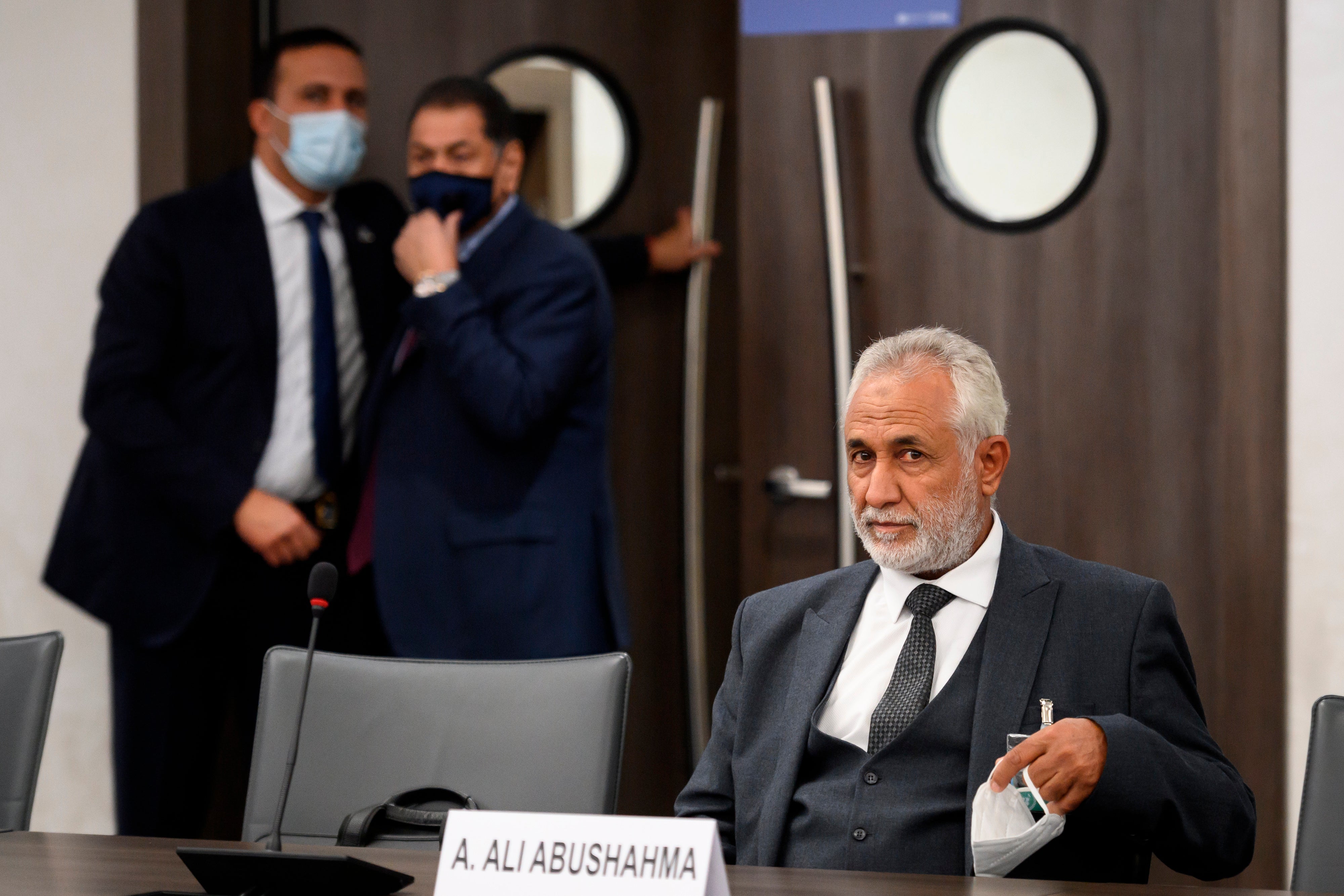Libya's warring sides meet, discuss implementing cease-fire
The United Nations says military leaders from Libya’s warring sides are meeting in the oasis town of Ghadames

Your support helps us to tell the story
From reproductive rights to climate change to Big Tech, The Independent is on the ground when the story is developing. Whether it's investigating the financials of Elon Musk's pro-Trump PAC or producing our latest documentary, 'The A Word', which shines a light on the American women fighting for reproductive rights, we know how important it is to parse out the facts from the messaging.
At such a critical moment in US history, we need reporters on the ground. Your donation allows us to keep sending journalists to speak to both sides of the story.
The Independent is trusted by Americans across the entire political spectrum. And unlike many other quality news outlets, we choose not to lock Americans out of our reporting and analysis with paywalls. We believe quality journalism should be available to everyone, paid for by those who can afford it.
Your support makes all the difference.Military leaders from Libya’s warring sides arrived Monday in the oasis town of Ghadames, the United Nations said, for the first face-to-face talks inside Libya since last year's months-long attack on the capital by forces loyal to the country s east-based military commander.
The discussions are also the fifth round of U.N.-brokered talks, less than two weeks after the two sides inked a permanent cease-fire in Geneva on Oct. 23, a move the U.N. billed as historic after years of fighting that has split the North African country in two.
The U.N. mission in Libya said the meetings would last through Wednesday and discuss implementing and monitoring the Geneva cease-fire, along with details on how to verify possible violations.
Libya is split between a U.N.-supported government in the capital, Tripoli, to the west of the North African country, and rival authorities based in the east. The two sides are backed by an array of local militias as well as regional and foreign powers. The country was plunged into chaos after the 2011 NATO-backed uprising that toppled and killed longtime dictator Moammar Gadhafi.
Then, in April 2019, east-based commander Khalifa Hifter and his forces launched an offensive to try and capture Tripoli, a campaign that stalled after months of fighting and eventually collapsed in June. Hifter's forces have since withdrawn to the coastal city of Sirte.
Fighting has died down over the past months amid international pressure on both sides to avert an attack by the Tripoli forces on Sirte, the gateway to Libya’s major oil export terminals, and to start talks aiming at ending the years-long conflict.
The Geneva cease-fire deal included the return of armed groups and military units “to their camps” and that all foreign mercenaries be out of the oil-rich country within three months.
However, the pullback from front lines could take longer. Brig. Gen. Khaled al-Mahjoub, the head of the mobilization department at Hifter's self-styled Libyan Arab Armed Forces, said in comments aired by the satellite news channel Al-Arabia on Monday that their units would return to their camps “in parallel with” the exit of foreign mercenaries.
Thousands of foreign fighters, including Russians, Syrians, Sudanese and Chadians, have been brought to Libya by both sides, according to U.N. experts. In Geneva, the two sides also agreed on exchanging prisoners and opening up air and land transit across the country’s divided territory.
Television footage showed the head of the U.N. support mission for Libya, Stephanie Williams, landing in Ghadames, to attend the talks. The two sides also arrived in Ghadames, a UNESCO World Heritage site known as “the Pearl of the Desert."
The U.N.-brokered talks come ahead of Libyan political talks scheduled Nov. 9 in the Tunisian capital, aimed at discussing a political roadmap that would eventually lead to presidential and parliamentary elections.
The U.N. mission last week held a virtual preparatory meeting, with both sides of the conflict criticized the mission over the choice of the attendees.
“Libyans want respect and justice; they want unified and fair governance; and most importantly they want national unity, national sovereignty and a coherent social fabric. What matters to the Libyan people is “what” — not “who”,” Williams said at that online meeting.